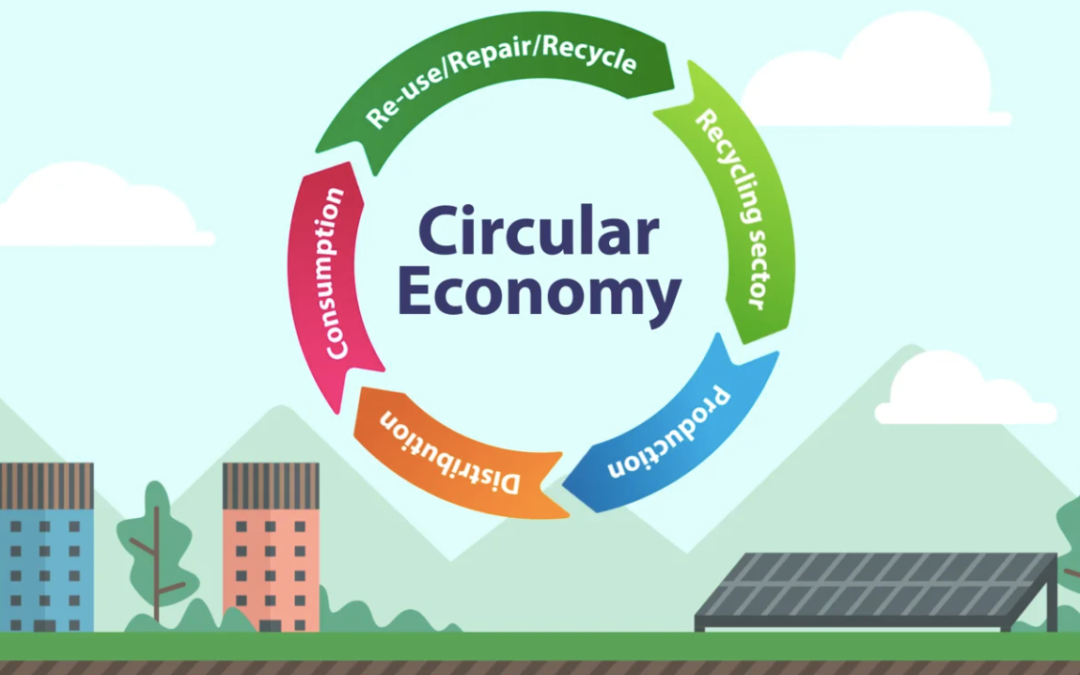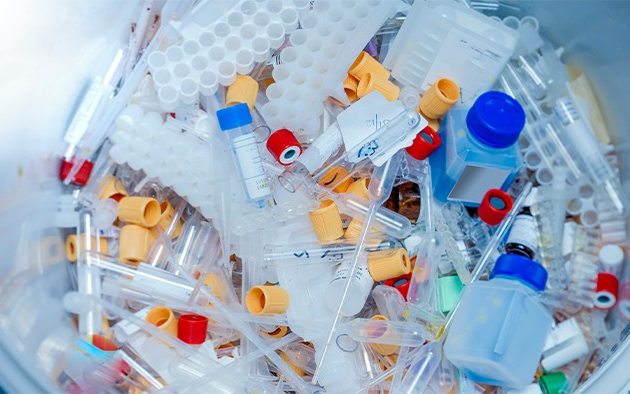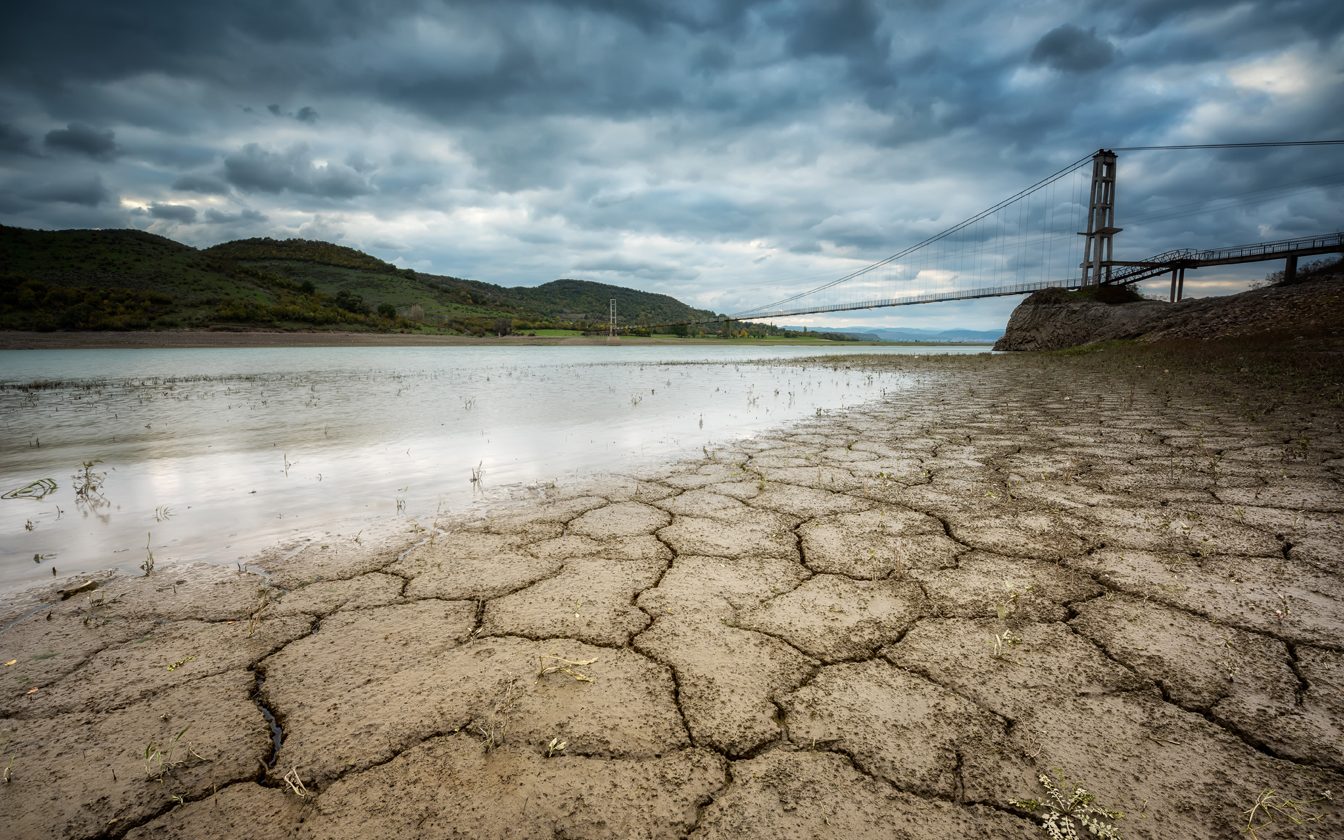Pharma pollution crisis grips UK rivers
By April Lara
August 14, 2024

Photo of river
A recent report by Channel 4 news reveals high levels of drugs found in rivers in English national parks that could impact fish behaviour and damage plant life. The high levels of drugs found in the rivers include antibiotics, paracetamol, and heart medicines.
University of York scientists have conducted what is believed to be the first in-depth analysis of medical drugs in rivers across ten national parks in England. They tested water samples from 37 rivers during winter and summer for 54 common medications. The study revealed pharmaceutical contamination at 96% of locations with higher drug pollution levels in Belfast, and Leeds.
The highest concentrations were found in the Brook Head stream close to the village of Tideswell in the Peak District. Test results revealed propranolol at high levels, which is sufficient to affect fish reproduction and growth.
Most of these drugs are said to have passed through people, flushed down a toilet and released into the rivers through the normal wastewater treatment process or out of a Combined Sewer Overflow (CSO).
Existing regulations
The European Union has long recognised the importance of safeguarding water quality through the Urban Waste Water Treatment (UWWT) directive. This legislation has been instrumental in preventing pollution from urban areas.
However, the recent discovery of high levels of pharmaceuticals in English rivers highlights a new and pressing challenge. Despite existing regulations, these harmful substances are finding their way into our waterways, demanding a more comprehensive and targeted approach to water pollution.
In March, EU lawmakers updated the UWWT directive to tighten water pollution restrictions. The new directive extends the “polluter pays” principle to pharma and cosmetic companies to contribute to the cost of treating wastewater caused by chemical pollution.
However, the UK isn’t following suit despite the UK Government including the principle within its Environmental Principles Policy Statement, which only shows commitment to the principle “in theory.” The specific application of this principle to the pharma industry has not been implemented.
This has caused campaigners to worry about lagging behind the EU in its efforts to protect rivers and waterways. The primary reason the UK isn’t adopting these new rules is Brexit. However, other reasons come into play, such as a complex interplay of economic, political, and ideological factors.
Implementing stricter regulations usually involves increased costs for businesses, and since the pharma and cosmetic industries are powerful economic sectors, the government might be reluctant to impose additional burdens on them.
UK Government and water companies
Baroness Bakewell of Hardington Mandeville highlighted ongoing concerns about sewage overflows and water pollution in the UK, criticising both water companies and the government. She noted the alarming number of sewage discharges into rivers, lakes, and coastlines, and pointed out the significant bonuses received by water company executives despite these environmental issues.
The Liberal Democrats are calling for an end to sewage dumping, stricter regulations, and the transformation of water companies into public-benefit organisations. They also advocate for a sewage tax to fund clean-ups and compensation for those affected by polluted waters. Baroness Bakewell emphasised the need for stronger government action and more effective regulation to address these persistent issues.
The differing positions between the government and water companies are stark. Many water companies advocate for retaining or adopting certain EU laws, especially those related to water quality, wastewater treatment, and environmental permits. Their support for EU regulations is likely driven by several factors such as regulatory consistency, environmental standards, and consumer protection.
The stance of pharma
The European Federation of Pharmaceutical Industries and Associations (EFPIA) showed willingness to take on their fair share of responsibility. However, they noted that the proposal doesn’t take into account the impact on the accessibility and availability of medicines.
A spokesperson said, “We highlight the need to establish a risk-based and non-discriminatory EPR system to finance the upgrade of urban wastewater treatment plans that will allow effective removal of micro pollutants.”
However, Medicines for Europe has expressed its opposition to the proposed Extended Producer Responsibility (EPR) system in the UWWT Directive. The organisation argues that the system unfairly burdens pharma companies, especially generic drug manufacturers, with the costs of cleaning up water pollution caused by various industries. This could lead to increased drug prices, shortages of essential medicines, and reduced access to healthcare for patients.
Director general at Medicines for Europe, Adrian van den Haven said, “The Commission has presented the EPR fees in the Urban Waste Water Directive as some sort of Robin Hood tax on the “rich pharmaceutical industry”. In reality, the EPR tax, whose cost has been grossly underestimated according to the German government, will fall mainly on affordable generic medicines that are already in short supply. The most expensive and profitable drugs will contribute almost nothing and other industrial sectors responsible for micro-pollutants will pay nothing at all. This is really concerning also for patients, who rely on essential medicines to manage their conditions and already face challenges with shortages. This certainly will not improve that. We urgently call on the Council and Parliament to protect the supply of affordable generic medicines”.
Also in April 2024, a draft net zero guidelines suggested that pharma companies should reduce the overall quantity of products manufactured and purchased to explore more sustainable alternatives. However, this was then removed from the guidelines.
The pharmaceutical industry stands at a crossroads. While it has shown a willingness to engage in discussions around environmental responsibility, the potential financial implications of stricter regulations may create a complex balancing act between profit and planetary health.
Celebrate excellence in pharma. Get involved at the Pharma Industry Awards Ireland. You can now also book your tables for the Pharma Industry Awards UK.







.png)